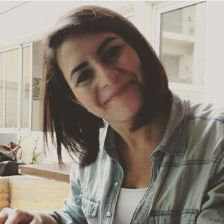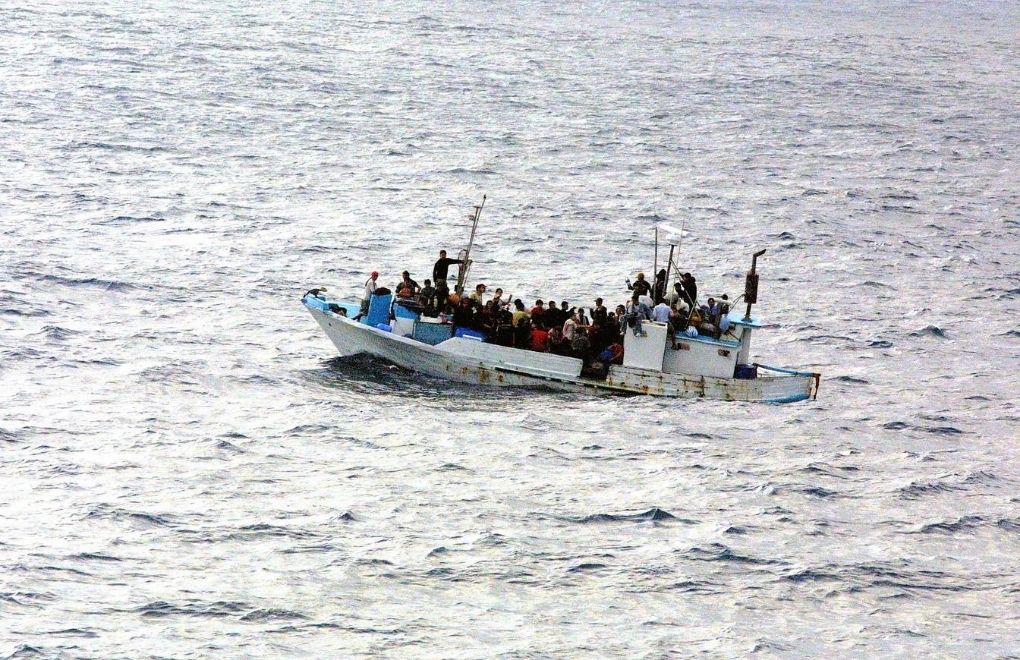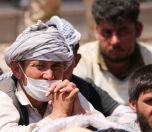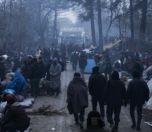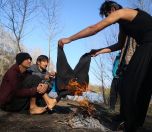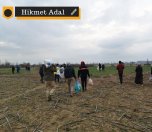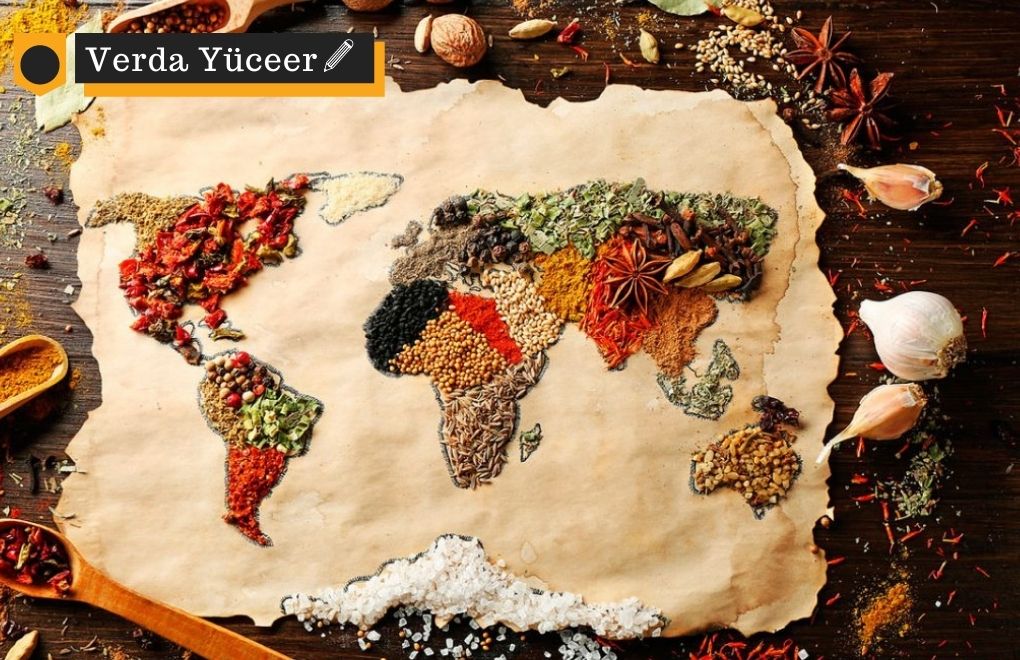* Photo: Pixabay
On August 11, a video was released on Twitter: A Sky News correspondent on a massive boat with cameras and mic is following a boat carrying migrants across the English Channel from France into the UK.
She waves at them; "Hello, are you okay? Where are you from?" You can clearly see their faces and hear some of them reply: "Iran" or "No camera!".
The first thing comes to my mind: Does anyone need to be asked for their consent to be filmed while fleeing from an oppressive regime? This would apparently put them in danger. So, they probably do not need to. But I am not an expert on consent issues and do not know if it makes any difference. It just bothers me as it all seems like a cheap reality show.
Developed countries host 16 percent of refugees
1951 Geneva Convention Relating to the Status of Refugees and its 1967 Protocol defines a refugee as any person who is outside the country of his/her nationality and is unable or unwilling to return to that country due to a well-founded fear of being persecuted for reasons of race, religion, nationality, membership of a particular social group or political opinion.
148 state parties signed one or both legal instruments; however, it soon became clear that the principles, especially the one about treating all victims fairly, took an extremely different path among these states.
According to the United Nations (UN) Refugee Agency, at least 79.5 million people around the world have been forced to flee their homes as a result of persecution, conflict, violence, or human rights violations. There are nearly 26 million refugees, around half of whom are under the age of 18.
Nearly 4 out of 5 refugees live in countries that are neighboring their countries of origin. Developed countries host 16 percent of refugees while one-third of the global refugee population (8.6 million people) is in the least developed countries.
In the Global South, people fleeing violence typically go to a neighboring country in massive influx, where they are usually located in camps.
Today, you can find many examples of this, such as Afghan refugees in Pakistan and Iran; Syrian refugees in Turkey, Lebanon and Jordan; and South Sudanese refugees in Uganda. Turkey and Pakistan have more individuals under their protection than the whole European continent.
However, in the Global North, people are seeking protection individually through administrative channels. This distinction between South and North is being challenged by the recent Channel crossings.
What has changed since WW2?
As Didier Fassin beautifully stated, "Whereas many European states once regarded asylum as a right, they now increasingly treat it as a favor. In parallel, the image of refugees had to be transformed, from victims of persecution entitled to international protection to undesirable persons suspected of taking advantage of a liberal system."
What was given to the displaced as a political right and status after the Second World War, is now considered a humanitarian favor. Why are people who were welcomed after the Second World War now undesirable?
The timing of the 1951 Convention was certainly not a coincidence: There was a need for cheap workforce to rebuild European countries after the Second World War and the political atmosphere of the Cold War.
Back then, the refugees from the Global South and communist regimes were welcomed due to these needs, and their employment contracts served as residence permits, the majority did not even apply for refugee status; they were a pool of cheap and vulnerable labour.
Neoliberalism and transformation of refugee regime
With the transformation of the refugee regime and the neoliberal refugee response model, it is considered more cost-effective to contain refugees in neighboring countries.
In parallel, this approach has reshaped the individuals' approach towards refugees. The sympathy we have here and there with videos of people drowning disappears quickly as it is sacrificed to generalized xenophobia and the politics of fear of the other.
The undesirable illegal migrants who fled their country of origin are put in the detention centers or refugee camps which are in general the places of abuse and further trauma.
In Libya alone, many reports show that people have been tortured, sold and raped in terrible detention centers. People report routine torture, malnutrition and the spread of diseases like tuberculosis due to the conditions they are forced to endure.
Since 2016, the European Union (EU) has intensified efforts to prevent boat departures from Libya to Italy -the EU country where most migrants first arrive- to assert control over Europe's external borders and to prevent dangerous boat migration.
Tensions are rising between the UK and France over migrant crossings in the Channel as the number of people who have reached the UK in small boats surpassed 4,000 in 2020.
Meanwhile, we all watch these cheap reality shows: Every other day, another incident due to animosity towards immigrants...
I am wondering if they are okay after arriving in the UK. What about you? Are you okay? Because I am not. (VY/SD)
About Verda YüceerShe has been working for humanitarian and development projects in Lebanon, Iraq, Jordan and Turkey. She is holding a Bachelor's degree from Ankara University, International relations department and a Master's degree from the Middle East Studies at Middle East Technical University. Currently, she is working for the UN World Food Programme based in Istanbul and is a Phd candidate at Kadir Has University, International relations department. |




